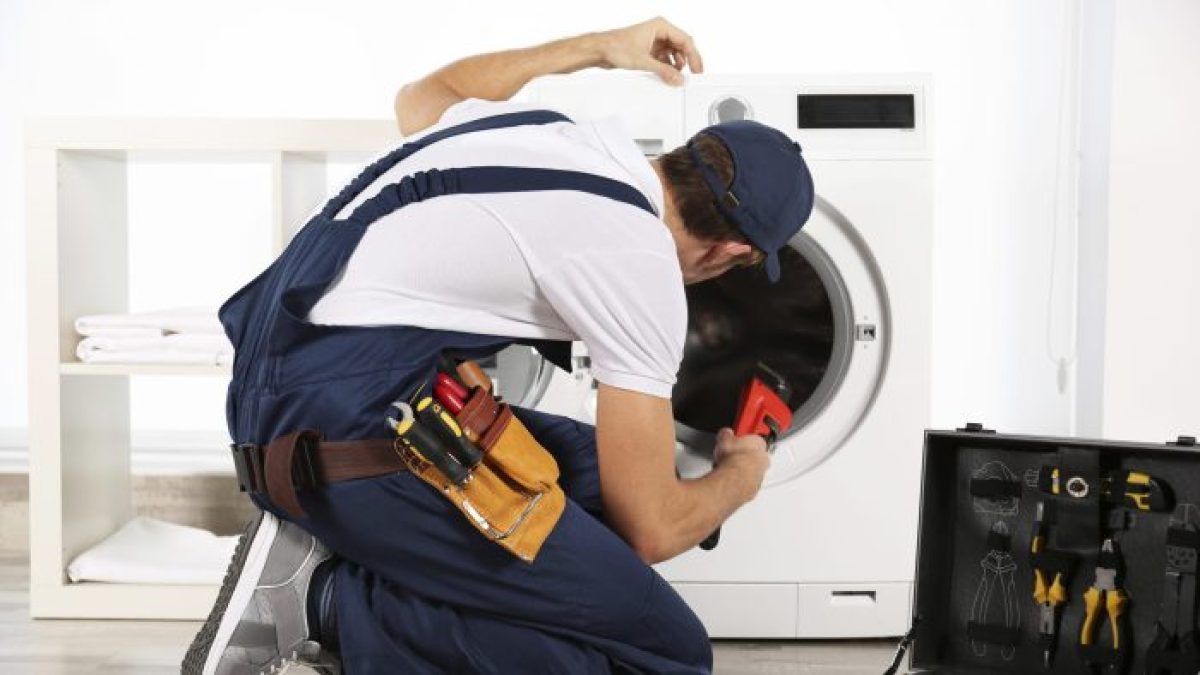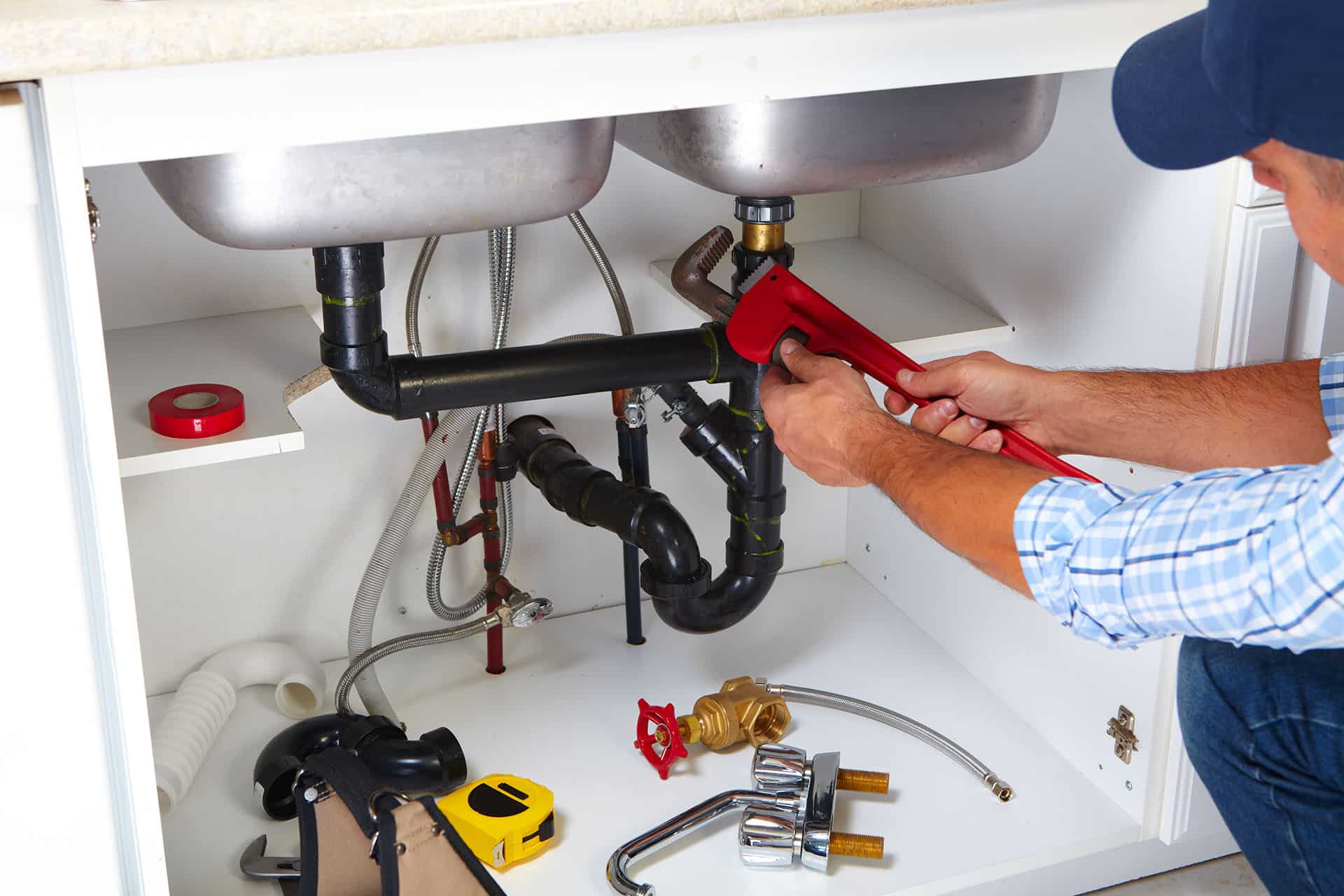Alert: Six Everyday Activities That Could Be Harming The Plumbing
Alert: Six Everyday Activities That Could Be Harming The Plumbing
Blog Article
What're your opinions with regards to Can Hard Water Ruin Your Appliances??

The trick to long lasting home appliances, unsurprisingly, appertains maintenance. There's no hard and fast policy that can assure your plumbing home appliances a long wear, yet you can protect against unnecessary damages as well as repair services by avoiding poor plumbing practices.
You should quit doing these 6 things else you'll keep calling your plumber over for minor faults.
Purging whatever
Yes, your commode drainpipe results in the sewage systems, however that doesn't indicate you ought to unload just anything away. Lots of 'flushable' products are really terrific blockage beginners, as an example dental floss. Asides maintaining apparent non-flushable products like wires as well as plastics out of your commode, you should likewise stay clear of flushing cotton swab, menstrual products, wipes, daipers as well as condoms down the bathroom drainpipe.
Putting oil in the sink
We understand correctly disposing of grease after a hearty meal is a pain. But simply putting it away can do lasting injury to your pipelines. "The fat as well as grease can clog your drain severely adequate to require you to call a plumber," describes Dawson. "Plumbing works best when it's well cared for-- not abused with oil."
Utilizing excessive drain cleaner
Making use of a drain cleaner greater than one or two times a month is a sign that something significant is taking place within your pipelines. Now, rather than encountering the main concern, you go with a quick fix; a fizzy drainpipe cleaner. Rightfully, a drain cleaner will take care of the blockage, yet at what expense?
The chemicals in a drainpipe cleaner can speed up the deterioration of your pipes. Add that to whatever underlying trouble is causing the clog as well as you might need to a serious issue on your hands.
If you experience way too many obstructions, call your emergency plumber instead of using a drain cleaner.
Not rinsing recipes before packing them right into the dishwasher
it's called a dishwasher, however tossing in meals, pots, and pans covered in huge food particles can in fact cause some severe damages to the home appliance, bring about long-term issues down the line. "Homeowners may need to obtain their dishwasher repaired more frequently if they do not wash their dishes before loading, or a minimum of get rid of bigger food items," explains Audrey Monell, owner of Forrest Anderson Plumbing and Air Conditioning in Glendale, Arizona. "Food that gets stuck on meals triggers the dishwashing machine to work harder, which can wear down parts faster, resulting in problems."
DIYing everything
With plumbing, a stitch in time really does conserve 9. You can stop a fullblown plumbing emergency by calling your plumber at the right time.
You may have found out a couple of plumbing hacks from your father, but you should certainly understand where to draw the line and call an expert. For example, you might have the ability to take care of a clog yourself, yet you shouldn't attempt to alter a pipeline. You could mismatch pipelines or overtighten a bolt, triggering more injury and damages than you thought. Calling a plumber is a risk-free and also inexpensive decision.
Not transforming your dishwasher pipes
One easy way to make sure that you use your dishwashing machine for several years is to replace the tube at the very least when in 5 years. This also applies for washing device pipes.
With time, food fragments, soap and also grease can form clogs within your pipes. Replacing them on schedule will stop any kind of presure accumulate that can harm the interior functions of your dishwashing machine or washing device.
A reinforced steel braided tube does a wonderful work of extending your machine's usage time.
No wintertime precautions
Severe climate condition are bad for your pipelines, particularly if they're constructed from steel. You need to protect your revealed pipes, and also your water storage tank, even if you have a hot water heater. You ought to additionally turn off your yard hose valve and also any other external water channels. These networks are electrical outlets for cold; you pipes can begin to freeze from outside if you do not.
How Hard Water Damages Your Plumbing and Appliances
Hard water is no stranger to most households across America. This silent invader affects 85% of homes in the United States every day, wreaking havoc on pipes, plumbing fixtures, and water-using appliances.
Should you become a victim of hard water, you must understand exactly what it is and how it affects your plumbing and appliances. This will help you determine the correct measures to put in place to fix or prevent any problems that may arise.
First off, what exactly is “hard” water?
In short, “hard water” is used to describe water that contains relatively high amounts of dissolved minerals, primarily calcium and magnesium, and a host of trace metals. When rainwater falls from the sky (usually in a pure form), it absorbs the hardness minerals from rocks and soil, which changes it from soft to hard water.
What about my plumbing and appliances?
Mineral deposits from hard water can cause buildup on tubs, shower, sinks, faucets. But that’s only a small scratch of the surface. Those minerals can gradually build up inside pipes, fixtures, water heaters, washing machines, and dishwashers. Once they accumulate in those areas, they can clog pipes and create major problems throughout your plumbing system, from reduced water flow to increased pressure on pipes and fixtures.
This limescale buildup might affect some appliances, causing them to operate less efficiently and wear down faster. And the result? Higher energy bills, more (costly) plumbing replacements and repairs, and damaged appliances.
Keep in mind that certain types of plumbing are more susceptible to clogging than others. Copper, PVC, and PEX pipes are more resistant to hard water buildup and corrosion, but they can still get clogged or completely blocked by scale deposits.
How do I know if my water is hard?
White limescale buildup on plumbing fixtures (or any of the other signs mentioned above) is usually a good sign that your water is hard. If you suspect that you have hard water, you can simply shake up a small amount of dish soap and water in a closed container. If the mixture doesn’t create a lot of suds, you probably have hard water.
The most precise method, however, is to test your water with a DIY test kit (sold online or at local home centers or hardware stores) or send a water sample from your tap to a local lab to be tested. Be sure that you understand the nature of the test, the water condition being measured, and the significance of the test results.
Another way to obtain an estimate of water hardness is to check your annual water quality report to see if your water provider has reported any instance(s) of water hardness in your water supply.
https://www.springwellwater.com/how-hard-water-damages-your-plumbing-and-appliances/

As an avid reader on Ways to Make Your Pipes Last Longer, I thought sharing that piece of content was necessary. Loved our write up? Please share it. Help others check it out. Kudos for your time. Visit again soon.
Maintenance Sign-Up Report this page